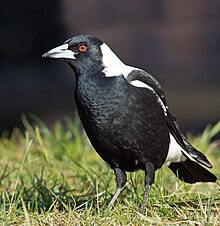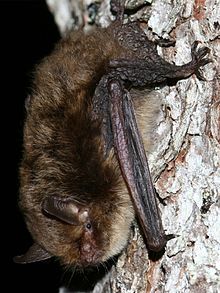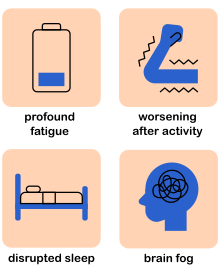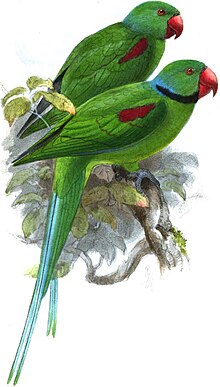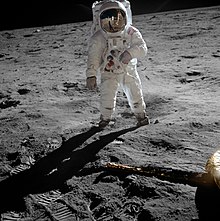
Back Portal:Wisseschaft ALS ውክፔዲያ:ሳይንስ Amharic بوابة:علوم Arabic قيسارية:صيونص ARY بوابة:علوم ARZ Portal:Elm Azerbaijani پوْرتال:علم AZB Портал:Фән Bashkir Portal:Wissnschoft BAR Portal:Siyensya BCL
Science portal

Science is a systematic discipline that builds and organises knowledge in the form of testable hypotheses and predictions about the universe. Modern science is typically divided into two or three major branches: the natural sciences (e.g., physics, chemistry, and biology), which study the physical world; and the behavioural sciences (e.g., economics, psychology, and sociology), which study individuals and societies. The formal sciences (e.g., logic, mathematics, and theoretical computer science), which study formal systems governed by axioms and rules, are sometimes described as being sciences as well; however, they are often regarded as a separate field because they rely on deductive reasoning instead of the scientific method or empirical evidence as their main methodology. Applied sciences are disciplines that use scientific knowledge for practical purposes, such as engineering and medicine. (Full article...)
Featured article -
Featured pictures
Vital articles

Geology (from Ancient Greek γῆ (gê) 'earth' and λoγία (-logía) 'study of, discourse') is a branch of natural science concerned with the Earth and other astronomical objects, the rocks of which they are composed, and the processes by which they change over time. Modern geology significantly overlaps all other Earth sciences, including hydrology. It is integrated with Earth system science and planetary science. (Full article...)
Did you know...
- ... that examples of artificial planets in science fiction include Riverworld, the Well World, and the Death Star?
- ... that several science fiction critics praised "Rock Diver", the first short story by American writer Harry Harrison, for its compelling take on technology for passing through matter?
- ... that a year after becoming the first woman president of the Canadian Political Science Association, Caroline Andrew moderated the first Canadian leaders' debate on women's issues?
- ... that after Ursula K. Le Guin published her collection The Wind's Twelve Quarters, a reviewer called her the "ideal science fiction writer for readers who ordinarily dislike science fiction"?
- ... that the science-fiction video game The Anacrusis is named after a musical term?
- ... that Flyover, a 2023 science fiction novel by an American author, portraying a dystopian future where part of the US becomes a theocracy, was published in French but not in English?
Get involved
| This portal needs to be updated. Please help update this portal to reflect recent events or newly available information. Relevant discussion may be found on the talk page. |

|

|
Science News
- 2 January 2025 – 2025 in paleontology, Dinosaur finds in the United Kingdom
- The largest site of dinosaur footprints of the Cetiosaurus and Megalosaurus dating back to the Middle Jurassic Bathonian stage 166 million years ago is discovered at a quarry in Oxfordshire, England, United Kingdom. (BBC News)
- 25 December 2024 – 2024 in archosaur paleontology
- Scientists confirm the discovery of the Alpkarakush kyrgyzicus dinosaur species in Kyrgyzstan, the first theropod from the Jurassic period to be discovered in Central Asia. (Tempo)
- 23 December 2024 –
- A team of scientists at the North-Eastern Federal University in Sakha Republic, Russia, unveil the highly preserved remains of a 50,000-year-old female juvenile woolly mammoth named Yana. The researchers say Yana was roughly about one-year-old when she died, likely from drowning, and was discovered in the Batagaika crater by locals. (BBC News)
- 19 December 2024 – Mexican drug war
- Two soldiers are killed after an explosion caused by a improvised landmine at a drug laboratory in Michoacán, Mexico. Three days earlier, two other soldiers were killed and three more injured during a similiar incident in Michoacán. (AP)
- 12 December 2024 –
- Edith Heard, biologist specialist of epigenetics and director-general of the European Molecular Biology Laboratory, is awarded the CNRS Gold Medal, France's highest research award. (CNRS - Le Journal)
- 21 November 2024 –
- The European Southern Observatory announces that its astronomers in Chile capture the first close-up image of a star outside the Milky Way. (The New York Times)
Related portals
Top 10 WikiProject Science Popular articles of the month -
Categories -


